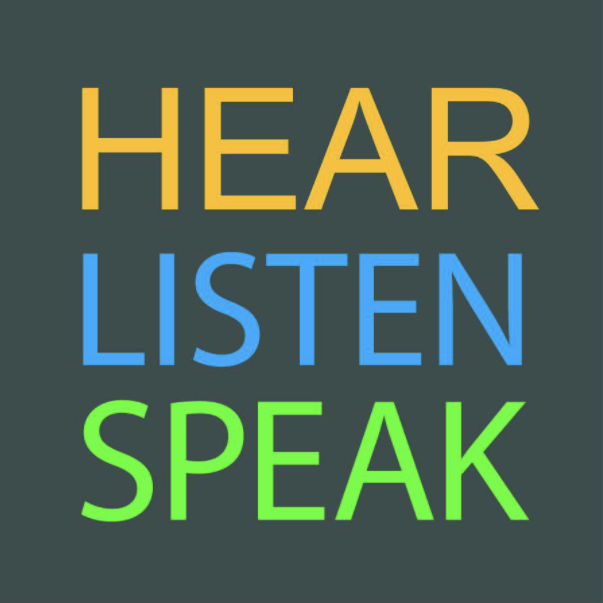One of the least effective ways to learn new words is on their own, from a list of the 1000 most common words for example.
Words never exist in isolation. Whenever anyone says a word, it’s always surrounded by context.
Even when people interject with just one word, there’s always the context of the situation, what was said and done before and after.
So I never recommend learning words from vocabulary lists, as a bank of flashcards with translations for example.
Translations of words are tricky and can be extremely misleading, because words are translated multiple different ways, depending on the context.
Some words have five or more possible translations into another language, but most flashcards will give you just one of those possibilities.
And even if you do have multiple translations listed for a given word, memorizing that list is just not a very effective language learning strategy.
You don’t want to hear a word in conversation, and then go down the list of possible translations in your head, hunting for the right one.
This is extremely inefficient, unnatural, and will slow you down in conversation.
Instead, every new word that you learn should come from a meaningful exchange that you’ve had or witnessed between people.
This will accomplish two important things:
– First, you’ll know for sure that people actually use this word in daily conversation – many words in vocab lists aren’t actually used much (or at all!) in speech.
– And second, words will come from your personal experience interacting with the language, making them relevant and meaningful to you.
You might be wondering, how do I even start having these kind of conversations? I highly recommend free language exchange partners, who will give you a wealth of new words to learn just by getting to know them.
And when you start learning these new words, they’ll necessarily and naturally always be surrounded by context – within questions and answers between you and your friends.
If you’d like to use flashcards because you learn well with them, that’s great! I’m not totally against them as a learning strategy.
Just use a system that allows you to see words within the original context of the sentence where you first heard or read them. I’ve used a great site called Readlang that saves words and phrases as you translate them.
As a side bonus, you’ll automatically be learning native grammar with this method, with no need to actively study grammar rules.
Every single sentence uttered by a native speaker necessarily contains grammar. So as long as you’re being exposed to native speech, paying attention, and imitating what you hear…
Congratulations! You’re learning the grammar of your target language, without getting bogged down in cerebral, tedious grammar study (that often doesn’t even help you to speak well).
So when you go to learn vocabulary in your target language, look for words that are:
1) things that people really say in conversation
2) personally relevant and meaningful to you
3) surrounded by natural context, not artificially isolated.
If you follow these guidelines, I’m sure that your vocab learning will improve dramatically, because you’ll be learning in a much more practical and personalized way.
